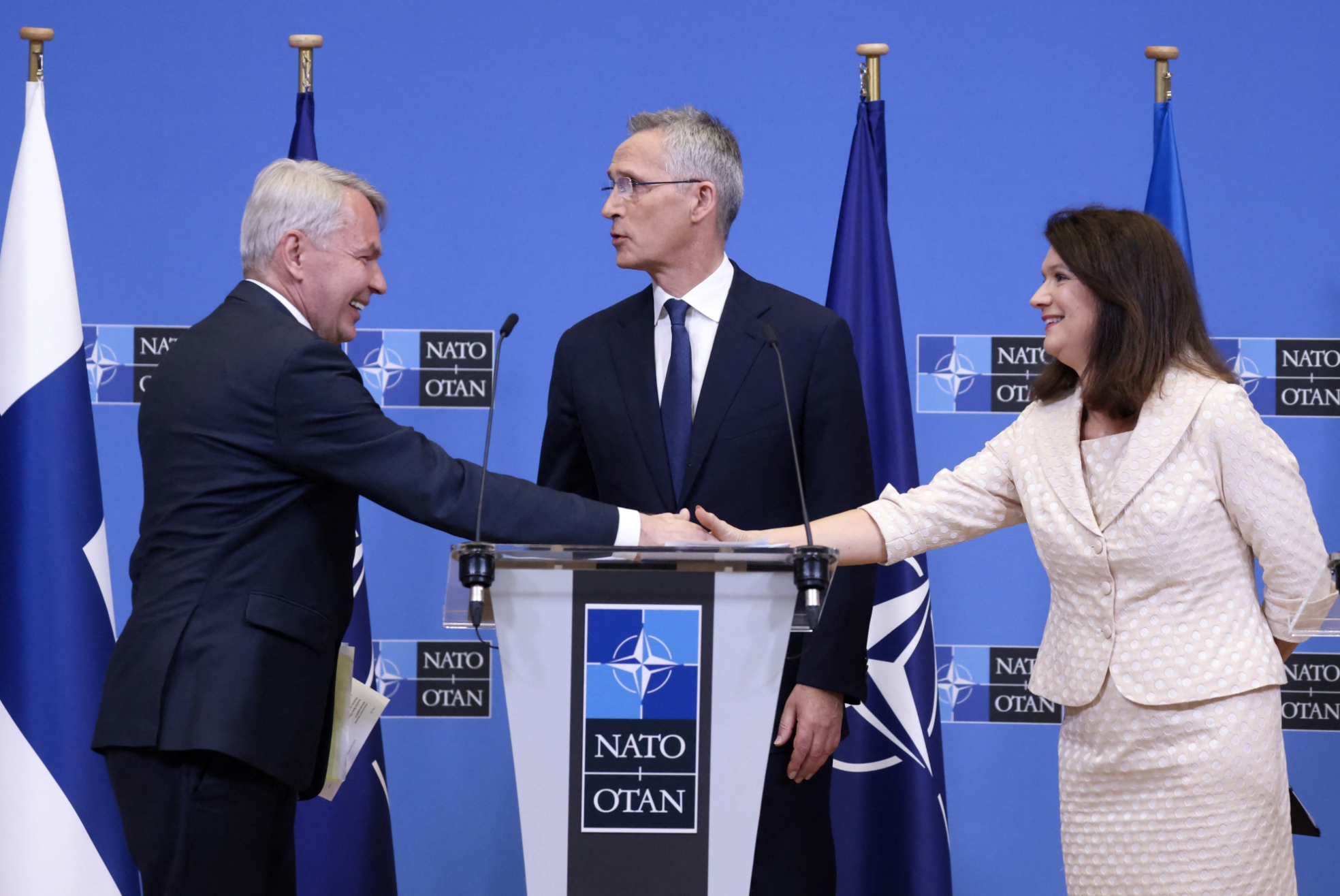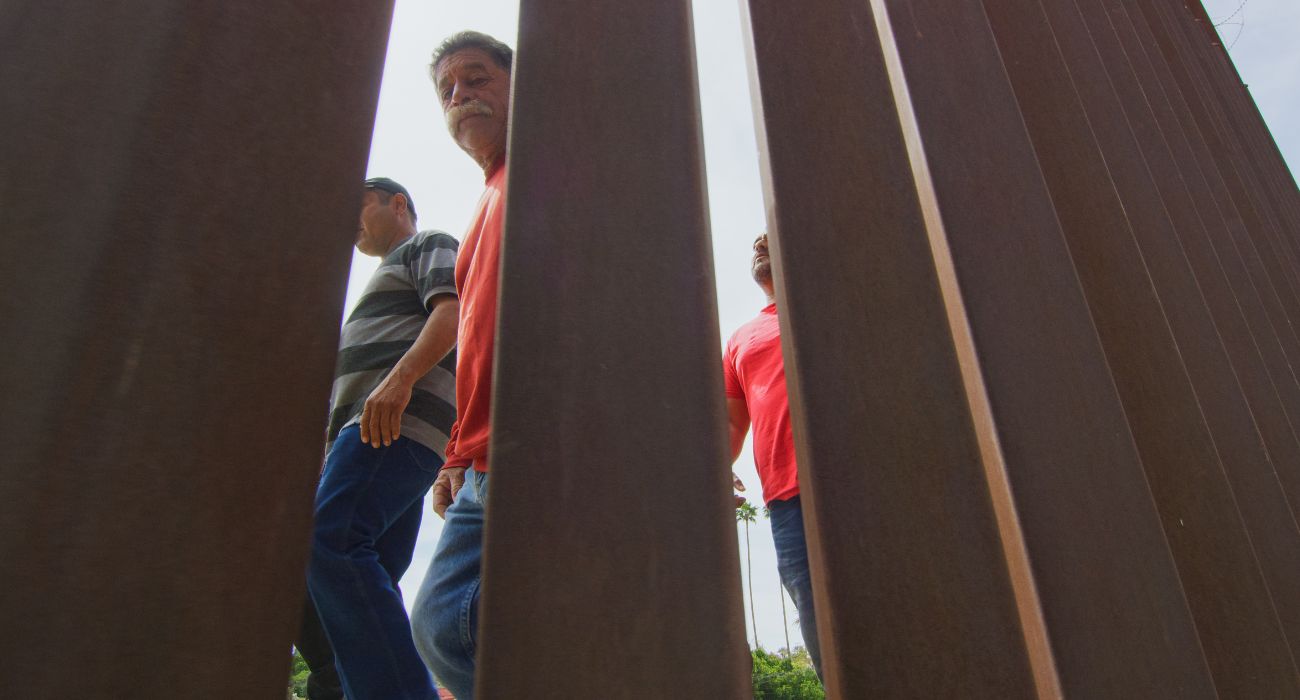Though NATO has cleared the way for Sweden and Finland to join the military alliance, Turkey is again threatening to block the Scandanavian nations’ bids.
Per a memorandum of understanding reached at last week’s alliance summit in Madrid, Turkey will not ratify NATO membership for the applicants if they fail to fulfill their commitments to fight terrorism and extradite suspects, according to Turkish Foreign Minister Mevlut Cavusoglu.
“[Finland and Sweden] have to comply with this document. If they don’t, then we won’t allow them to join NATO,” Cavusoglu said.
At a ceremony in Brussels on Tuesday, all 30 allies signed the accession protocols for Sweden and Finland, formally inviting them to attend all NATO meetings. The parliaments of alliance members must then approve the protocol before the nations can join.
NATO Secretary General Jens Stoltenberg said he anticipates the ratification process will take “months,” and he is relying on all members to assure a quick approval.
Turkey’s lingering threat may still complicate the accession process despite the Madrid Agreement. In less than a year, Turkish President Recep Tayyip Erdoğan will face both presidential and parliamentary elections. Taking an aggressive posture toward NATO could increase his popularity among nationalist circles.
Erdoğan stated last week that if Sweden and Finland do not uphold their written commitments regarding Turkey’s security concerns, the Turkish parliament will not approve their applications. He also noted that Sweden had recently committed to deporting dozens of individuals whom Turkey considers terrorists and turning them over to Turkish authorities for prosecution.
“Sweden promised us that it will give us those 73 people,” Erdoğan said. “We will now follow it up, and we will make our decision accordingly.”
Speaking to the press in Brussels, Swedish Foreign Minister Ann Linde said, “There is no mention of any list or any numbers in the memorandum.” She added, “During negotiations in Madrid, there was also no mention of any number or any specific lists.”
The agreement signed by Turkey, Sweden, and Finland read:
“Finland and Sweden will address Turkey’s pending deportation or extradition requests of terror suspects expeditiously and thoroughly, taking into account information, evidence, and intelligence provided by Turkey, and establish necessary bilateral legal frameworks to facilitate extradition and security cooperation with Turkey, in accordance with the European Convention on Extradition.”
The Swedish government has stated that authorities will continue to abide by its national laws while considering all petitions.
Prime Minister Magdalena Andersson told reporters on a visit to the island of Gotland, “It is important that we work against terrorism, but obviously we do so according to Swedish laws and international conventions. If you are not engaged in terrorism, you have no reason to be concerned.”
Andersson emphasized that citizens cannot be extradited under Swedish law and declined to comment on the precise number of extradition requests. According to reports, many of the Turkish government’s extradition requests have already been examined and rejected by the Swedish Supreme Court.
Erdoğan formally welcomed Mario Draghi, the prime minister of Italy, to Ankara later on Tuesday for the first summit between the two nations in more than 10 years.
The meeting’s prescribed topics included the Russian invasion of Ukraine, the energy crisis, and ways to strengthen business relations. The conference also reportedly signaled a thawing of tension after Draghi referred to Erdoğan as a dictator last year.






